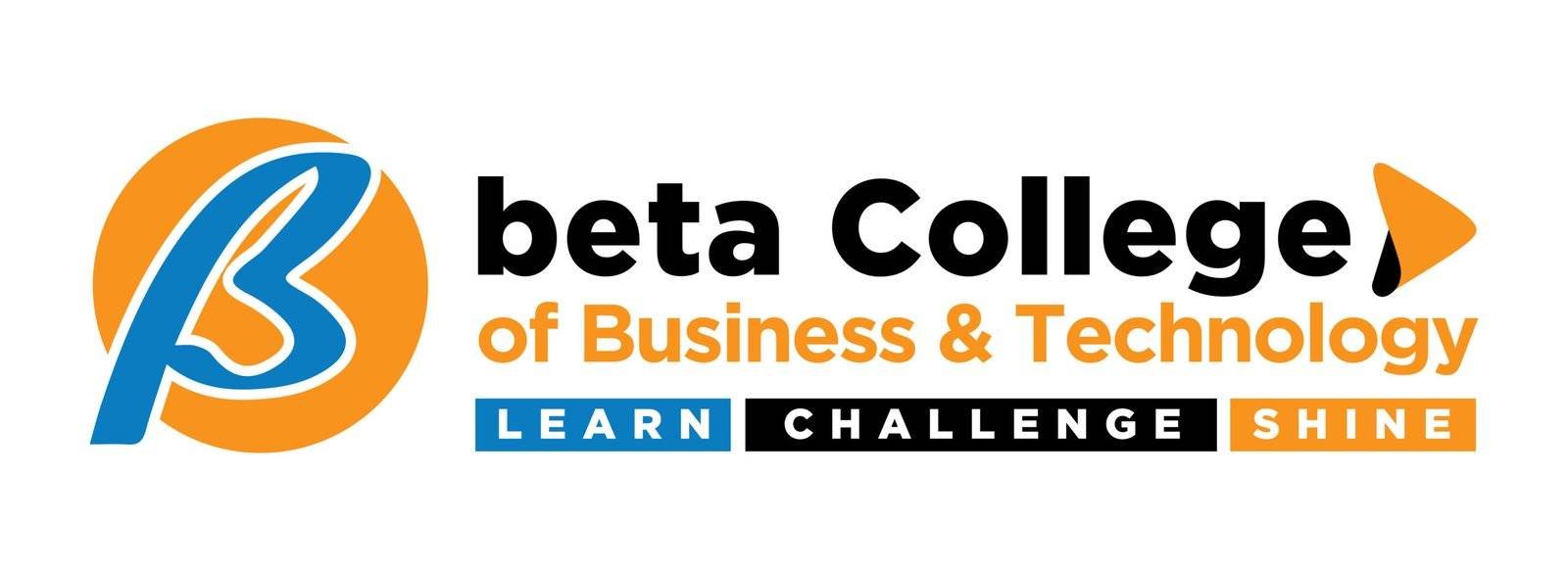In today’s interconnected world, English stands as the dominant language of business, education, and global communication. For non-native English speakers, mastering English as a Second Language (ESL) opens doors that may otherwise remain closed. From enhanced career prospects to better communication and cultural immersion, ESL provides a wealth of benefits. Let’s delve into the compelling reasons why investing in ESL education is a wise decision.
Career Advancement and Economic Opportunities
The Language of the Global Market
Imagine being able to negotiate business deals directly with clients in China, lead a sales presentation in Germany, or manage a software development team in India – all without the need for a translator. English fluency is the key to these global career opportunities.
Improved Communication and Networking
Attend industry conferences in English-speaking countries, confidently share your insights, and network with potential collaborators worldwide. These connections could be the springboard for your next career move.
Enhanced Job Security and Earning Potential
ESL skills make you a sought-after employee. As global businesses expand, the demand for employees who navigate different cultures and linguistic barriers increases, directly impacting your job security and salary potential.
Access High-Skilled, High-Paying Opportunities
Your English proficiency could open doors to specialized careers like international finance, diplomacy, translation, or teaching English as a foreign language, all of which provide diverse and rewarding career paths.
Increased Earning Potential
Bilingual and multilingual employees are an asset, and businesses recognize their value. Your fluency in English can lead to substantial salary raises, bonuses, or eligibility for leadership positions with greater compensation.
Economic Empowerment
ESL proficiency isn’t just about individual gain; it can transform communities and economies. With greater access to global markets and better-paying jobs, English speakers can improve their own lives and support their families and local businesses.
Improved Communication and Interpersonal Connections
Learning English goes beyond job prospects and economic benefits; it profoundly enriches your ability to connect with others and build meaningful relationships. Here’s how:
Breaking Down Barriers
No longer will language differences stand in the way of forming friendships or sharing experiences with people from English-speaking backgrounds. ESL allows you to express yourself fully and understand the nuances of conversations, opening up new social circles.
Enhanced Self-Expression and Confidence
When you possess the vocabulary and grammar to express your thoughts, feelings, and ideas clearly in English, your confidence soars. This self-assurance spills over into every interaction, making you a more engaging and effective communicator in all areas of your life.
Connecting with New Communities
Whether you’ve relocated to an English-speaking country or want to connect with English speakers in your community, ESL provides the tools to do so. You’ll be able to join local groups, participate in social events, and truly become part of a broader community.
Building Deeper Relationships
Language is more than just words; it carries cultural nuances, humor, and expressions that unlock a deeper level of understanding. With ESL fluency, you can form more genuine bonds with native English speakers, fostering lasting friendships and meaningful connections.
Overcoming Loneliness and Isolation
Struggling to communicate in a new environment can lead to feelings of loneliness. Proficiency in English allows you to actively engage in social situations, reducing feelings of isolation and helping you find a sense of belonging.
Cultural Enrichment and Global Understanding
Learning English isn’t just about mastering grammar and vocabulary; it’s a gateway into the hearts and minds of diverse cultures around the world. Here’s how ESL enriches your life and expands your understanding:
Accessing a World of Knowledge and Media
Immerse yourself in the rich tapestry of English-language literature, from classic novels to contemporary works. Watch films, listen to music, and engage with news sources without relying on translations, gaining a direct and unfiltered view of different cultures.
Enhanced Travel Experiences
Navigate airports, converse with locals, understand cultural nuances, and order food with newfound confidence in English-speaking countries. Travel becomes a transformative experience rather than a logistical challenge.
Deeper Cultural Understanding
Language and culture are inextricably linked. As you learn English, you’ll gain insights into the values, customs, and thought processes of English-speaking societies. This knowledge fosters empathy, challenges stereotypes, and bridges divides.
Developing Intercultural Competence
ESL cultivates the ability to communicate effectively and respectfully across cultures. You’ll become more attuned to nonverbal cues, social norms, and different communication styles, making you a more adaptable and understanding global citizen.
Appreciating Diverse Perspectives
Exposure to the vast array of ideas expressed in the English language broadens your mind. You’ll encounter new ways of thinking, challenge your own assumptions, and develop a more complex and nuanced worldview.
Fostering Global Citizenship
A deep understanding of different cultures and the ability to communicate across borders is essential for finding solutions to global challenges. ESL empowers you to become part of a global community working towards a more peaceful and interconnected world.
Academic Advancement and Pursuit of Higher Education
For many non-native English speakers, the dream of obtaining a degree from a prestigious university in an English-speaking country seems attainable only to the linguistically gifted. However, ESL programs can bridge that gap, opening avenues to top academic institutions and life-changing opportunities. Here’s how:
Higher Education Opportunities
English proficiency is often a mandatory requirement for international students applying to colleges and universities in countries like the United States, the UK, Canada, and Australia. ESL courses prepare you to excel on standardized English proficiency exams like the TOEFL or IELTS, meeting crucial admission criteria.
Improved Comprehension and Access to Resources
Imagine lectures, textbooks, and scholarly journals all in a language you struggle to understand. Fluency in English ensures you grasp complex concepts, engage in class discussions, and fully utilize the rich academic resources available, maximizing your learning and success.
Successful Study Abroad Experiences
Study abroad programs provide invaluable immersion, but they require linguistic ability. ESL helps you thrive socially and academically in an English-speaking environment, ensuring your study abroad experience is a transformative one.
Access to World-Class Institutions
The world’s top-ranking universities are predominantly found in English-speaking nations. With strong ESL skills, you position yourself as a competitive applicant for these sought-after institutions, gaining access to the best professors, cutting-edge research, and a global alumni network.
Postgraduate and Research Opportunities
Fluency in English is often critical for securing graduate-level fellowships, research grants, and positions in globally collaborative research projects – all crucial for advancing your academic or scientific career.
Cognitive Benefits and Personal Development
Beyond the practical advantages, studying ESL yields significant benefits for your brain health and personal growth. Here’s how:
Improve Your Brainpower
The process of learning a second language is like a rigorous workout for your brain. Studies have shown that bilingualism strengthens neural connections, increases the density of gray matter (responsible for processing information), and improves memory, attention, and problem-solving skills.
Delay Cognitive Decline
Research suggests that lifelong bilingualism can help protect the brain from age-related cognitive decline, potentially delaying the onset of diseases like Alzheimer’s and dementia.
Expand Your Horizons
Learning a new language forces you to step outside of your comfort zone and think in new ways. The challenge stretches your mind, broadening your perspective on the world around you and boosting your overall cognitive flexibility.
Boost Your Confidence
The feeling of accomplishment that comes with mastering a new language cannot be underestimated. As your fluency improves, so too does your self-belief, empowering you to take on new challenges in both your personal and professional life.
Become a Better Decision Maker
Studies suggest that bilingual individuals may make more rational and less emotionally charged decisions, a skill that translates to all aspects of life.
Enhanced Creativity
Learning to navigate a new language system taps into your creative potential. Your brain naturally seeks alternative ways to express itself, boosting your problem-solving skills and opening the door to new ways of thinking.
How to Get Started with ESL
Embarking on your ESL journey can feel daunting, but with the right approach and resources, success is within reach. Here’s how to begin:
Find the Right Program: Explore the many different ways to learn ESL:
- Community College ESL Classes: Often affordable and convenient, with a structured learning environment.
- Language Schools: Specialized institutions with intensive and immersive programs.
- Online Programs and Apps: Flexible and self-paced options like Duolingo, Babbel, or Rosetta Stone.
- Private Tutors: Personalized instruction tailored to your needs and learning style.
Consider Your Needs and Preferences: Ask yourself:
- What’s your current English level?
- How much time can you commit to studying daily or weekly?
- Do you prefer a structured classroom environment or self-paced learning?
- What is your budget?
Immerse Yourself: Supplement your formal studies with:
- English Movies and TV Shows: Start with subtitles and gradually transition to no subtitles.
- Music: Sing along and look up lyrics to learn vocabulary and slang.
- Podcasts and Audiobooks: Choose topics that interest you.
- Language Exchange Partners: Find a native English speaker to practice with online or in person.
Practice Consistently: The key to ESL success is regular practice. Set aside dedicated study time, even just 15-20 minutes a day, for the best results.
Don’t Be Afraid of Mistakes: Everyone makes mistakes! Embrace them as learning opportunities, focus on improvement, and don’t let fear hold you back.
Remember, learning a language takes time and dedication. Celebrate your progress, stay motivated, and you’ll soon discover the world of possibilities that fluency in English can unlock!


